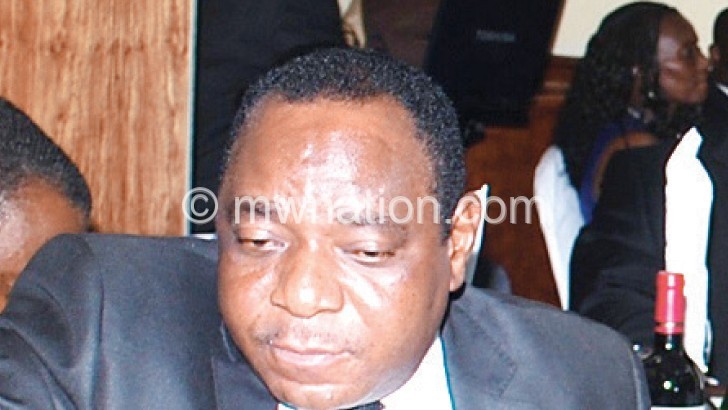RBM moves to formalise black market forex dealers
The Reserve Bank of Malawi (RBM) says bringing black market forex traders into the formal market will enable the central bank to know how much cash is coming into the country and spent.
RBM spokesperson Mbane Ngwira, in a response to an e-mailed questionnaire on Friday, was reacting to pronouncements made by Financial Intelligence Unit (FIU) director Atuweni Juwayeyi Agbermodji that parallel foreign exchange traders need to be regulated.
While admitting that some forex dealers will opt not to be registered, he said those registered will be given identities and allowed to trade freely.
Said Ngwira: “The fact is that majority [of forex traders] may not afford the capital required to open bureaus and we know that not all those traders that you see around shopping malls would want to do something illegal.

“Therefore, their operating guidelines would be different from the bureaus that have permanent buildings or places.”
He said price discovery would also be enhanced as there will be more players on the market, adding that once registered, they would engage in an economic activity that is legal and generate income.
As of yesterday, the kwacha was trading at around K730 to a dollar in authorised dealer banks (ADBs) compared to K760 to the greenback on the black market.
However, Ngwira said a policy to guide this direction has not been developed yet, but discussions have been taking place to check the feasibility of the process.
The initiative will be jointly implemented by FIU.
On her part, Juwayeyi Agbermodji, in an earlier interview, said though not allowed to operate, it has been established that black market forex traders continue to operate and grow.
She said: “Based on the national risk assessment results, we found that this sector is vulnerable and because they are vulnerable, we think they need to be regulated in one way or the other because they are a sector that we cannot ignore.
“They are not allowed to operate, but they are operating. In fact, they may be doing better than established institutions and we have seen that just telling them not to do business is not working.”
But one black market trader based in Blantyre said in an interview authorities should look beyond them as violators of the law, arguing that they come in handy to travellers in times of forex scarcity.
He said: “We cannot go formal. What would happen to those desperate travellers who when they go to banks are told that forex is not available?
“Besides, we operate with small amounts of money which bears profits of not more than K100 000 for most of us. Now if they want to bring us into the formal market and tax our little earnings, what would happen to us?” he queried.





